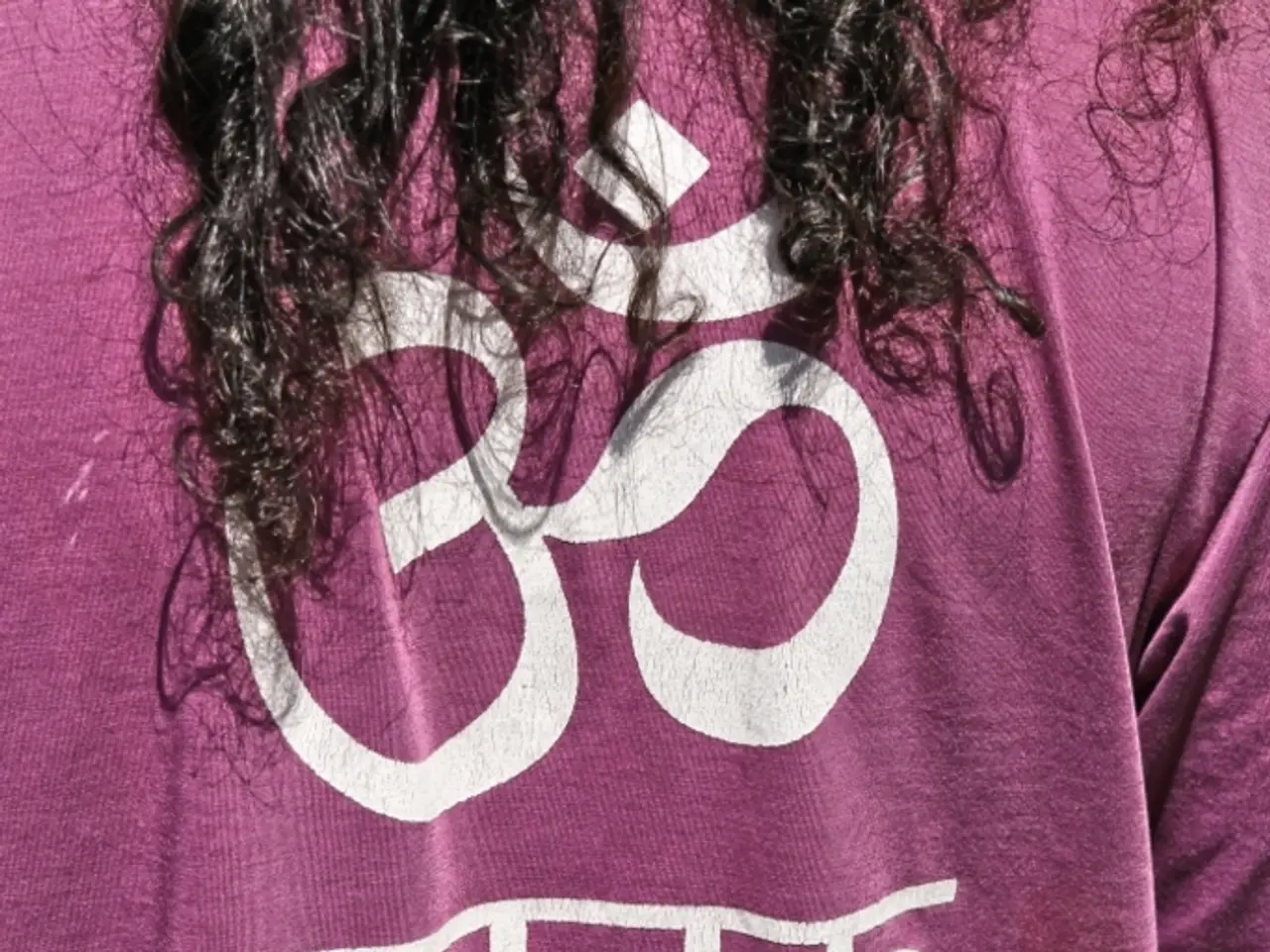Essential Guide to Prioritizing Personal Well-being: A Step-by-Step Approach
In these challenging times, the practice of self-care has gained renewed significance. Self-care, defined as the ability of individuals, families, and communities to promote health, prevent disease, maintain health, and cope with illness and disability, has become an essential component of prevention for distress, burnout, and impairment.
During the COVID-19 pandemic, 80% of U.S. adults have expressed their intention to be more intentional about practicing self-care on a regular basis once the pandemic is over. This shift in attitude reflects a growing awareness of the importance of self-care in maintaining mental and physical well-being.
The practice of self-care can encompass various aspects of life. Spiritual self-care, for instance, involves connecting with one's inner being and can include practices like meditation, visiting places of worship, reading from spiritual or religious texts, prayer, seeking peace, and finding joy. On the other hand, emotional self-care is centered around ensuring emotional needs are met and protected, and can include strategies such as yoga, massage, taking a hot soak, socializing, maintaining positive relationships, and pursuing hobbies.
Physical self-care, meanwhile, involves basic daily life activities and practices like washing up, skin care, dental hygiene, eating a nutritious and balanced diet, getting regular exercise, following everyday health practices to reduce disease risk, and seeking medical care when necessary.
Interestingly, some people have been practicing more activities for self-care since the onset of the pandemic. Compared with before, they have been engaging in creative pursuits, praying more, having more meaningful conversations, spending more time outdoors, and eating more healthy foods.
Cheryl Richardson, a renowned self-care advocate, suggests asking questions like "Where do I feel deprived?" and "What do I need more of right now?" to identify areas where self-care practices can be implemented. Richardson also advises creating a "No List" to clarify what one refuses to deal with in life.
Consistency is key when it comes to self-care. While there's no secret formula for the best time of day for self-care, some people find the end of the day an ideal time for practices like mindfulness, reflection, and journaling. Mornings, on the other hand, have become a preferred time for many, as a 2020 study found that more people are accustomed to a set of activities to start their days, making it easier to add a self-care habit in the morning.
The relevance of self-sufficiency practices in society today stems from concerns about food security, sustainable agriculture, and climate adaptation. Increasing population pressures require maintaining and improving agricultural land quality and production methods to sustain food supply, as well as fostering environmentally respectful farming and local food networks to counteract global supply vulnerabilities and ecological challenges.
Moreover, self-care should not be viewed as something to do only if one has time, or as a reward for completing other tasks. It is an essential part of maintaining a balanced and healthy lifestyle.
A 2017 study analyzed the value of writing as a therapeutic tool for mental health, highlighting the potential benefits of journaling as a form of emotional self-care.
In conclusion, self-care is not a luxury, but a necessity. By incorporating self-care practices into our daily lives, we can better manage stress, improve our mental and physical health, and lead more fulfilling lives.
Read also:
- Peptide YY (PYY): Exploring its Role in Appetite Suppression, Intestinal Health, and Cognitive Links
- Toddler Health: Rotavirus Signs, Origins, and Potential Complications
- Digestive issues and heart discomfort: Root causes and associated health conditions
- House Infernos: Deadly Hazards Surpassing the Flames








